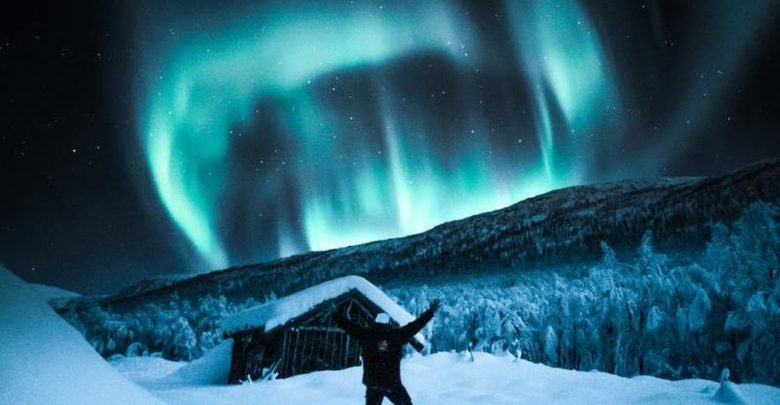
By Dr. Bruce L. Hartman:
"Finlandia"
This is my song, O God of all the nations A song of peace, for lands afar & mine This is my home, the country where my heart is Here are my hopes, my dreams, my holy shrine But other hearts in other lands are beating With hopes and dreams as true and high as mine My country's skies are bluer than the ocean And sunlight beams on clover leaf and pine But other lands have sunlight too, and clover And skies are everywhere as blue as mine O hear my song, thou God of all the nations A song of peace for their land and for mine.
A friend of mine recently posted on her Facebook page that she was going to start protesting Christian Nationalism. After considering the post awhile, I thought perhaps she should protest Christian Tribalism or, heck, just tribalism itself instead. Christians aren’t the only group that engages in tribalism—it's rampant nationwide. Be it liberals or conservatives, pro-gun or anti-gun, and so forth. In fact, tribalism is not only a significant problem here in America but also worldwide. Tribalism is the new nationalism and the great ender of debate. As a country, we no longer know how to debate—we are good only at becoming defensive and are too easily offended.
Above are the words of a famous Finnish song called "Finlandia." It Is an ode not only of love for the songwriter’s tribe but also for other tribes as well. It represents a different, more accepting attitude and a new way at looking at and respecting one another.
"Finlandia" was written by Jean Sibelius in 1909 during a period when Finland was part of the Russian empire. The song is one of protest against nationalism and occupiers from other lands. In its early days, the song had to be played underground for fear of Russian reprisal. It has since gone on to become one of Finland’s most important songs—a song of patriotism but also of respect for other lands.
Finland is a country that has historically been in the crosshairs of other marauding nations. Handed over to Russia in 1809 after five centuries of Swedish rule, Finland then had a brief period of complete freedom from 1917 to 1939 before being invaded by Russia again. Over the next five years, during World War II, they endured invasions and occupations by both Germany and Russia. While generally neutral, Finland resisted both country’s attempts to occupy. At the end of the war, they remained somewhat under Russian influence.
Though never fully part of the Iron Curtain, Finland was a nation quasi-associated with Russia until the end of the Cold War. After this, Finland fell into a deep recession caused by losing Russia as its largest trading partner and the movement to a market economy. In 1995, its fortunes reversed when it joined the European Union and was finally fully separated from Russian influence. It has been a completely free country since 1995.
Finland is also noteworthy in that it was the first European country to grant full voting rights to all of its citizens during its brief moments of freedom early in the twentieth century. And it was also the first nation to afford all adult citizens the ability to run for public office.
For over six centuries, Finland was occupied by other nations. Today, it is publicly neutral and prides itself for its respect for all people. It is a small country of only five million citizens and is the least densely populated country in Europe.
Finland's unwanted occupations helped to create a great sense of respect for other nations' rights. It also gave rise to a belief in the universal rights of all people.
Sibelius skillfully composed this song during the later parts of Russian occupation, the philosophy of which represented the national desire of a country long awaiting freedom.
The writer declares his country is where his heart is and where his hopes and dreams reside. Remarkably, however, he turns this nationalistic point of view around by saying, “But other hearts in other lands are beating with hopes and dreams as true and high as mine.” A view that I use in my book, Your Faith Has Made You Well, is one derived from Genesis 1:27, which states, "So God created human beings in his own image. In the image of God he created them; male and female he created them." We are all made in the image of God, not just those from our own tribe but also those throughout the world. God didn’t choose which nation’s people would be the people to be made in his image; God chooses all people.
Other lands have skies as blue as the ocean, not just America. Other people have views that we will disagree with but that are still valid when viewed from the perspective of their life lens. When we retreat from others due to our differences, we collapse our thinking, leaving no room to learn. It doesn’t mean we should always agree, but we should always respect one another in our disagreement.
Finlandia is an old song, but a new way of thinking.
Click on the highlighted link to hear the song performed by the Harvard University Choir.





Leave a Reply
Thank you for your response.
Please verify that you are not a robot.